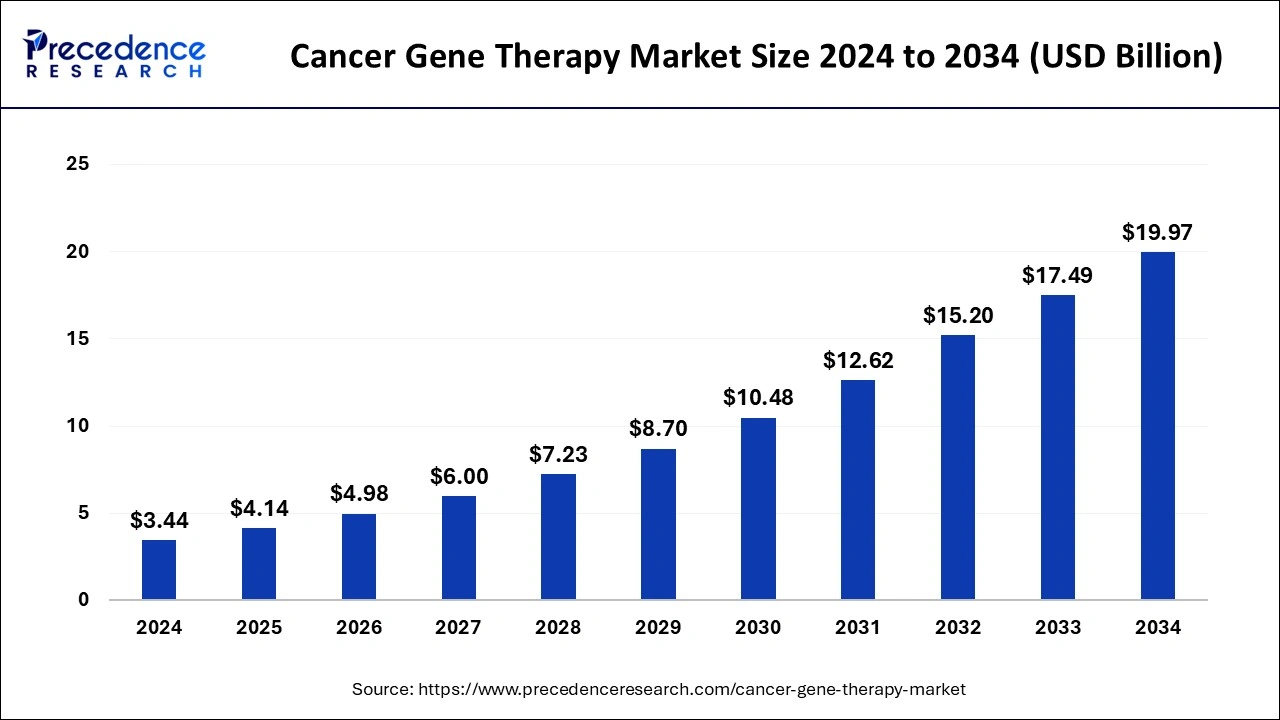Understanding CNIL Requirements For Mobile App Data Protection

Table of Contents
Data Minimization and Purpose Limitation
The CNIL emphasizes the principles of data minimization and purpose limitation. This means you should only collect the minimum amount of personal data necessary for your app's functionality and use it solely for the specified purpose.
Collecting Only Necessary Data
Avoid collecting data that isn't directly relevant to your app's core purpose. Over-collecting data increases your risk of non-compliance and exposes users to unnecessary security risks.
- Avoid unnecessary data points: Critically assess each data point collected. Ask yourself: Is this absolutely necessary for the app's function?
- Implement strict data collection policies: Document your data collection practices and clearly outline the purpose of each data point collected. This documentation should be easily accessible for audits.
- Regular review is essential: Periodically review your data collection practices to ensure continued compliance with evolving CNIL guidelines and your app's evolving needs. Outdated data collection practices can lead to vulnerabilities.
Transparency and User Consent
Transparency is paramount. You must clearly inform users about your data collection practices and obtain their explicit consent before collecting any personal data.
- Clear and accessible privacy policy: Provide a concise, user-friendly privacy policy that is easily accessible within your app. Avoid legal jargon; use clear and understandable language.
- Explicit consent: Obtain explicit consent using clear and unambiguous language. Pre-checked boxes are not considered explicit consent by the CNIL.
- Easy withdrawal of consent: Users should be able to easily withdraw their consent at any time, with clear instructions on how to do so within your app.
Security Measures for Mobile App Data
Robust security measures are essential for protecting user data. The CNIL expects developers to implement appropriate security controls to prevent unauthorized access, use, disclosure, alteration, or destruction of personal data.
Data Encryption
Data encryption is crucial for protecting data both in transit (while being sent over a network) and at rest (while stored on a device or server).
- Strong encryption algorithms: Use strong, industry-standard encryption algorithms, such as AES-256, to protect sensitive data.
- Secure storage: Implement secure storage solutions, such as encrypted databases and secure file systems, to prevent unauthorized access to stored data.
- Regular security updates: Regularly update your security protocols and software to address emerging threats and vulnerabilities. This includes patching known security flaws promptly.
Data Breach Notification
In the event of a data breach, you must notify the CNIL and affected users without undue delay. The CNIL provides specific guidelines on the notification process.
- Incident response plan: Establish a clear and comprehensive incident response plan detailing procedures for detecting, containing, and responding to data breaches.
- Timely notification: Comply with CNIL guidelines for notifying users and authorities within the stipulated timeframe. Delays can result in significant penalties.
- Root cause analysis: Conduct a thorough investigation to determine the root cause of any data breach and implement measures to prevent similar incidents in the future.
User Rights and Data Subject Access Requests
Under French data protection law, users have several rights regarding their personal data. These include the right of access, rectification, erasure, and portability.
Right of Access, Rectification, and Erasure
Users have the right to access, correct, or delete their personal data. Your app must provide a mechanism for users to exercise these rights.
- User-friendly request mechanism: Provide a clear and easy-to-use method for users to submit data subject access requests (DSARs).
- Timely response: Respond to DSARs in a timely and efficient manner, in accordance with CNIL guidelines.
- Secure processing: Implement secure processes for handling user data requests to prevent unauthorized access or modification of personal data.
Data Portability
Users have the right to receive their personal data in a structured, commonly used, and machine-readable format. They should be able to transmit this data to another controller.
- Data download option: Allow users to download their personal data in a standard format, such as CSV or JSON.
- CNIL compliance: Ensure your data portability mechanisms are consistent with CNIL regulations.
Compliance and Ongoing Monitoring
Maintaining compliance with CNIL regulations is an ongoing process, requiring regular audits and assessments.
Regular Audits and Assessments
Regularly review and update your data protection practices to ensure they remain effective and compliant.
- Privacy Impact Assessments (PIA): Conduct regular PIAs to identify and assess potential risks to user privacy.
- Stay updated: Stay informed about changes in CNIL regulations and guidelines. Subscribe to CNIL newsletters and follow their updates.
- Comprehensive documentation: Maintain comprehensive documentation of your data protection measures, including policies, procedures, and security controls.
Working with the CNIL
Proactive engagement with the CNIL can help ensure your app's compliance.
- Consult CNIL resources: Utilize the CNIL's website for guidance and resources on data protection.
- Seek advice: Consider seeking advice from the CNIL on specific data protection issues related to your app.
Conclusion
Understanding and adhering to CNIL requirements for mobile app data protection is crucial for developers in France. By implementing robust data minimization practices, strengthening security measures, respecting user rights, and maintaining ongoing compliance, developers can build trust with users and avoid potential penalties. Remember to regularly review your app's data handling practices and stay informed about updates to CNIL guidelines to ensure ongoing compliance with CNIL mobile app data protection regulations. Proactive engagement with the CNIL can help mitigate risks and foster a culture of data privacy within your organization. Prioritize CNIL mobile app data protection to build a secure and trustworthy application.

Featured Posts
-
 Schneider Electrics 2024 Outlook Robust Revenue And Earnings Growth In Data Center Market
Apr 30, 2025
Schneider Electrics 2024 Outlook Robust Revenue And Earnings Growth In Data Center Market
Apr 30, 2025 -
 Dagskrain I Dag T Hrir Leikir I Bestu Deildinni Valur Stefnir A 2 0 Sigur
Apr 30, 2025
Dagskrain I Dag T Hrir Leikir I Bestu Deildinni Valur Stefnir A 2 0 Sigur
Apr 30, 2025 -
 Dasmoi Trump I Ekklisi Toy Galloy Ypoyrgoy Gia Ethniki Oikonomiki Antistasi
Apr 30, 2025
Dasmoi Trump I Ekklisi Toy Galloy Ypoyrgoy Gia Ethniki Oikonomiki Antistasi
Apr 30, 2025 -
 High Stock Market Valuations Why Bof A Believes Investors Shouldnt Panic
Apr 30, 2025
High Stock Market Valuations Why Bof A Believes Investors Shouldnt Panic
Apr 30, 2025 -
 Stredajsi Verdikt Sudu V Pripade Unosu Studentky Sone
Apr 30, 2025
Stredajsi Verdikt Sudu V Pripade Unosu Studentky Sone
Apr 30, 2025
